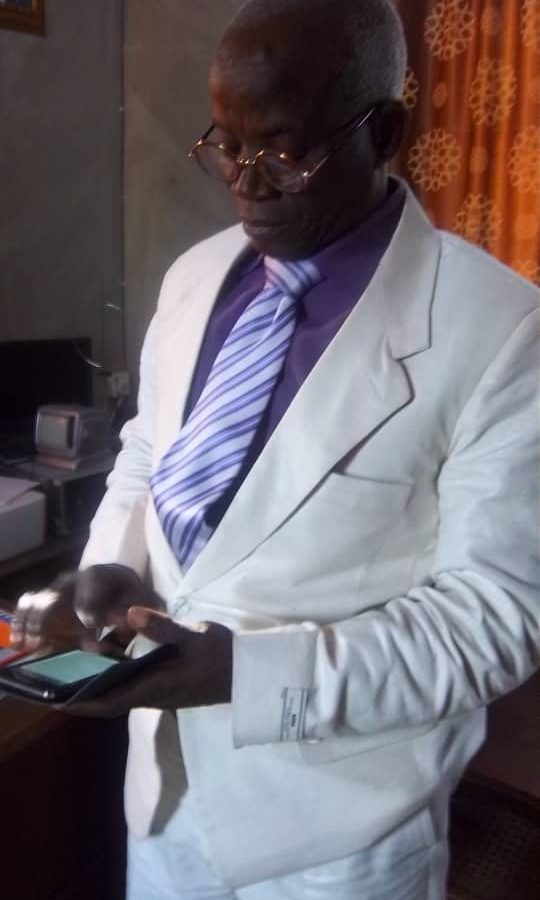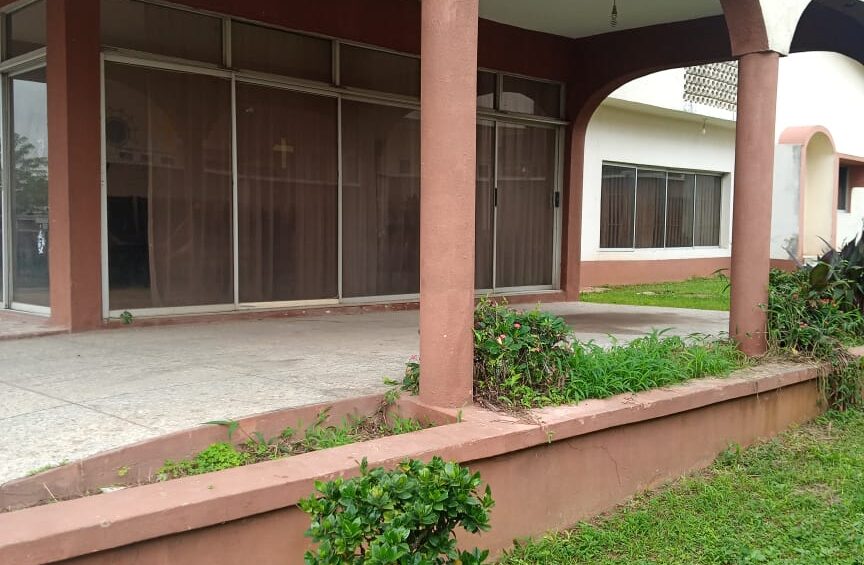GERTRUDE-MEDU PROPERTIES
ESTATE MANAGEMENT COMPANY
about me
Top real estate agent in Nigeria
Founded in Ibadan, Oyo state in Nigeria. Gertrude-Medu real estate company has rose to become one of the top leading real estate companies that offer the sales of all kinds of apartments and lands.
we can help you source for lands, beautiful apartments and industrial buildings based on your requests.
My wealth of experience in the Nigerian real estate sector has given the company an edge to ensure we satisy our customers and give them the best experience. We source the best property deals for our client and ensure they get the best value for their money. You can contact and recommend us today and you wont regret it.
the
EXECUTIVE
DIRECTOR

our team
Meet our agents

Abejide Medupin
Executive Director
view profile

Barr. Medupin
Legal Adviser
view profile

Tolorunju Emmanuel
Lagos Agent
view profile
About Nigeria
Physical Features
Nigeria is a country in West Africa that shares land borders with the Republic of Benin in the west, Chad and Cameroon in the East and Niger in the north. It’s coast lies on the Gulf of Guinea in the south and it borders Lake Chad to the Northeast. Noted geographical features in Nigeria include the Adamawa Highlands, Mambila plateau, His plateau, Obudu plateau, the Niger River, River Benue and Niger Delta.
Nigeria is found in the tropics, where the climate is seasonally damp and very humid. Nigeria experiences four different climate types, which generally differ as you travel from South to north of the country, moving away from the equator. The first is the tropical rainforest climate, and the south of the country will generally see more annual rainfall than elsewhere in Nigeria. Next is tropical savanna which is drier and affected by huge African continental landmass. Further north is the tropical dry climate, where vegetation changes and is more desert like. There are some mountains in Nigeria, and here the area experiences a montane micro- climate, with much lower temperatures and different patterns of precipitation.
Nigeria, like the rest of west Africa and other tropical lands has only two seasons. These are the dry season and the rainy season. The dry season is accompanied by a dust laden airmass from the Sahara Desert, locally known as Harmattan, or by its main name. The tropical Continental (CT) airmass. While the rainy season is heavily influence by an airmass originating from the south Atlantic Ocean, locally known as the south west wind, or by its main name. The Tropical Maritime (MT) airmass. These two major wind systems in Nigeria are known as the trade winds.
Nigeria’s natural resources includes but are not limited to petroleum, tin, columbite, iron ore, coal, limestone, lead zinc, natural gas, hydropower, and arable land.
Political Structure
Known today as Nigeria (culled from Niger area) this did not come about until 1914 when the protectorate of northern and southern Nigeria were amalgamated. Today, Nigeria operates a federal system of government with 36 states and a Federal Capital Territory known as Abuja. Nigeria obtained her independence from Great Britain on October 1st 1960. In October 1963, she became a Republic. At that time, there were three regions i.e the Northern, Western and the Eastern Regions. In 1964, a fourth, Mid-Western Region was added. A twelve-state political structure came into being in 1967, at the outbreak of the civil war (1966-1970), and was increased to nineteen states in 1976, the same year the Federal Capital Territory, Abuja was created. Then, in 1987, this was further increased to twenty one states and in 1991, thirty six states of the Federation fall under six geo-political zones viz, Northeast, Northwest, Nothcentral, Southeast, Southwest and Southsouth zones. At the end of May 2007, there were 774 local government councils in the country.
One of the prominent features of Nigeria’s political experience has been the dominance of the military in the management of the country. However, since May 29, 1999, the country had been operating a democratic system of Government.
Visitor Information
Nigeria has a network of air, water, land and rail routes all attracting increasing levels of traffic in persons and cargo. Prospecting visitors will benefit from contacting any of the numerous travel agencies and Housing or estate agencies like ours in the country for practical advice on the best means of accessing different sections of the country without much difficulty.
You can also consult us on good hotel accommodation that can render good services and also provide reliable hospitality.
The country’s currency is the Naira and Kobo (N:K), with one hundred Kobo equalling one Naira. The central bank of Nigeria is responsible for issuing currency notes and coins; and there are 19 banks which offer a wide spectrum of services including international money transfer.
Nigeria’s numerous ethnic groups speak several distinct and related languages, it’s lingual franca is English. It may also be useful to contact the Nigeria Tourism Development corporation or visit this website for possible assistance.
Today, aside from the Federal and state owned radio and television stations and newspapers, there are a good number big private owned, Ultra-moder radio and television stations, some of which have statelilte services linking Nigeria to the international media. There is also a rich pick of privately owned newspapers, magazines,and professional journals published on daily, weekly, monthly or quarterly basis. Most of these publications utilities the latest technology in their operations. There are also a number of companies, offering technological services for local and international purposes. The scope of operations of the organisations in this sector is expected to increase with time.
There is room for possible investors in any part of the country.
Visitors are expected to arrive in the country only after obtaining a valid visa for the duration and purpose of their visit. ( Only citizens of the Economic community of west African states are exempted).
Visas are usually issued within 72 hours of the request. They are also expected to have received vaccinations against COVID19, smallpox, malaria and yellow fever. They are allowed no more than four litres of liquor at the point of entry while items such as wristwatches, cosmetics, cameras, and other personal effects are allowed duty free subject to quantities. Other goods attracts on-the spot duties. Internationally known illegal substances are not allowed in the country.










